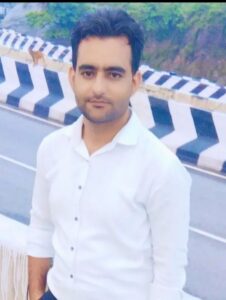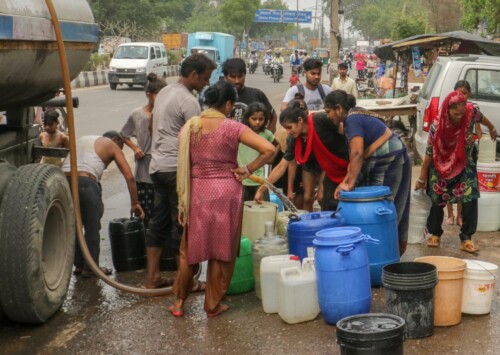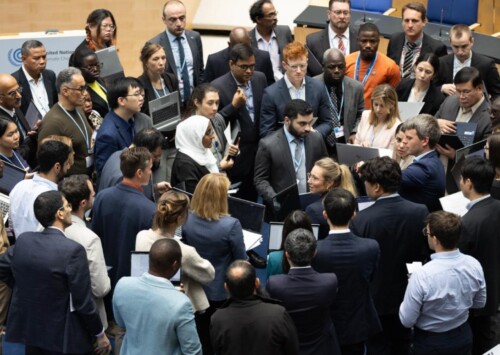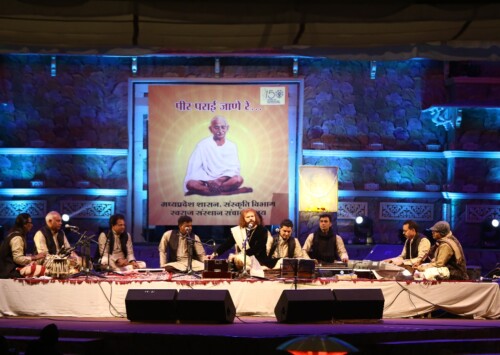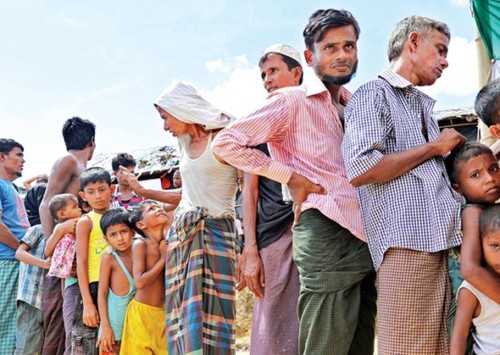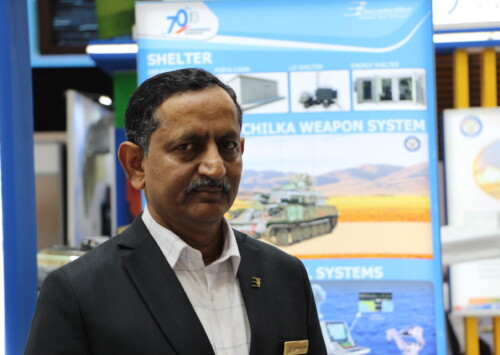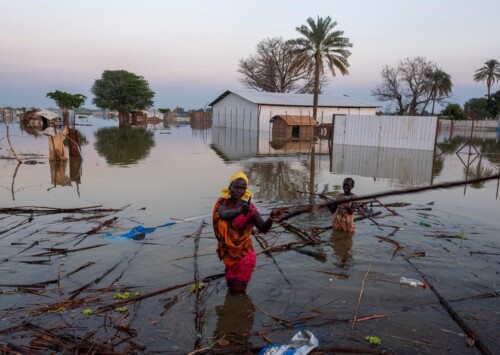Kashmir’s electoral shift: Surge in voter turnout for Lok Sabha polls

Voters queue up to cast their ballots at a polling station during the fourth phase of voting in Srinagar on May 13, 2024
On May 20, voting will be held in Baramulla Lok Sabha constituency in Jammu and Kashmir as part of the fifth phase of the ongoing Lok Sabha elections 2024.
These are the first general elections in Jammu and Kashmir since the abrogation of Article 370 of the Indian Constitution on August 5, 2019, apart from revoking the state’s autonomous status, the government also bifurcated Jammu and Kashmir into two union territories. The decision was announced amid a brutal communications blockade, increased militarisation and widespread discontent in the valley.
Even the most senior political leaders of J&K, such as the National Conference’s Farooq Abdullah, Omar Abdullah and the Peoples’ Democratic Party’s Mehbooba Mufti, all three former chief ministers, were placed under house arrest for several months. There was a vacuum of political leadership in Kashmir, which different factions have since been trying to fill.
There are five Lok Sabha seats in Jammu & Kashmir two in Jammu and three in Kashmir. The two seats of the Jammu division Udhampur and Jammu that voted in the first two phases had prominent BJP candidates in the fray. Union Minister Jitendra Singh contested from his seat in Udhampur while Member of Parliament Jugal Kishore Sharma sought re-election from the Jammu seat.
Despite the abrupt changes in the status and the harsh crackdown that lasted for over four years, in the Kashmir valley, where tales of oppression were passed down through generations, there is a newfound courage stirring. Elders and young people are seen discussing the power of their vote, the potential for change that lay within their grasp.
Since 1989, all elections in the region have been overshadowed by violence, leading to widespread poll boycotts. The persistent threat of violence and calls for boycott by separatists and terrorist groups have historically deterred voter turnout. In 2019 Lok Sabha elections, all three Lok Sabha seats in Kashmir, Anantnag, Srinagar and Baramulla, recorded a mere 8.96 pc, 14.43 pc and 34.89 pc voting respectively.
In 2017 by-polls in Srinagar constituency, the voting percentage was a dismal 7.13 pc and on the day of polling at least eight people died during the violence. The by-election for Anantnag seat had to be cancelled due to the threat of more violence.

A significant shift is underway as both the younger generation and the elder population step forward to cast their votes with renewed conviction
But in 2024, taking advantage of the prevailing peace, the Srinagar constituency witnessed 37.98 pc voting with the Election Commission (EC) calling it the highest turnout in decades.
The voters in the region say they want to take their destiny in their hands in a democratic and peaceful way. “The peaceful conduct of these elections sends a powerful message to the world. Despite the challenges we face, we remain committed to the democratic process and the pursuit of peace and stability in our region,” Ashiq Ahmad, a businessman from Srinagar, tells Media India Group.
Among the notable highlights of the recent elections in Kashmir was the emergence of first-time voters, stepping forward with a palpable desire for change. These young voices, previously unheard amidst the turmoil, now stood at the forefront, eager to make their mark on the region’s future. Their participation signalled a burgeoning sense of empowerment and responsibility, as they embraced the democratic process with fervour and optimism.
“For years, we have seen our elders struggle with the consequences of political unrest. Now, it is our turn to shape a better tomorrow. This election is our chance to pave the way for positive change, and I am proud to be part of it,” Asha Nabi, a student and a first-time voter from Srinagar, tells Media India Group.
Through their actions, these young voters have breathed new life into the electoral landscape, embodying the transformative potential of civic engagement and collective action.
“I have been voting for years, but this time, I feel a newfound sense of purpose. I believe that my vote holds weight, that it carries the potential to bring about real change in Kashmir. Despite the past overshadowed by violence and boycotts, I am optimistic about the future. This election, my vote feels more significant than ever before,” Abdul Ahad 56, a resident of Srinagar tells Media India Group.
In the midst of Kashmir’s pivotal electoral landscape, a significant shift is underway as both the younger generation and the elder population step forward to cast their votes with renewed conviction. Amidst decades of political unrest and violence that have plagued elections in the region, a sense of empowerment and optimism now permeates the air.
Notably, it is not just the youth but also the seasoned voters who are embracing this opportunity to exercise their democratic rights. Their collective belief in the power of the ballot is palpable, transcending age barriers and igniting a shared vision for a brighter future.
“When I cast my vote, I felt a deep sense of fulfilment that I have never experienced before. This election marks a pivotal moment for Jammu and Kashmir as we unite to vote for change. I urge everyone to step forward, to vote, and not to boycott. If we desire a better life, then we must actively vote for change,” Zahid Malik, 27, an advocate and resident of Jammu, tells Media India Group.
The BJP is not contesting any of the three Lok Sabha seats in the Kashmir division. However, during a Jammu rally in April, Union Home Minister Amit Shah asked the electorate not to vote for the Congress or the two major Kashmiri parties, the National Conference and the People’s Democratic Party.
If the voters heeded his advice, they would be left with only two major options, Altaf Bukhari’s Apni Party, in the constituencies of Srinagar and Anantnag–Rajouri, and Sajjad Gani Lone, the People’s Conference candidate in Baramulla. Both parties are accused of being BJP proxies.

